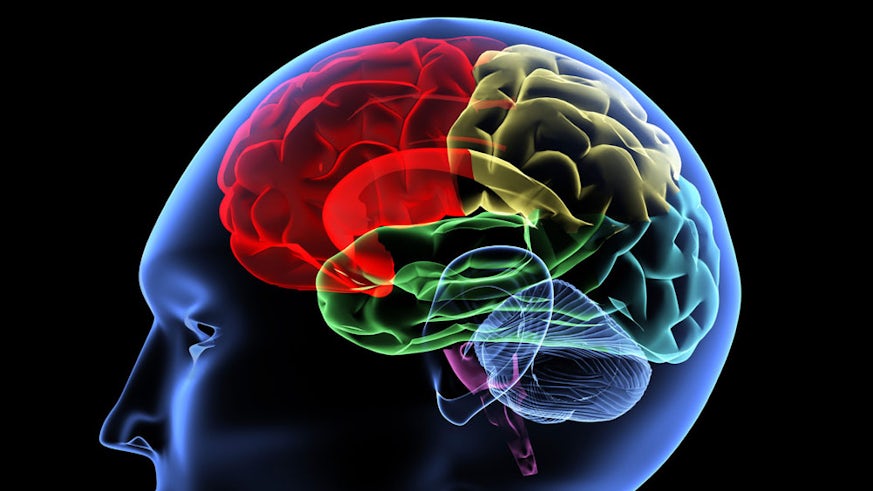Analysing Psychiatry's Diagnostic Bible
23 May 2013

This week's publication of new international mental health guidelines has provoked much controversy among mental health clinicians, academics and individuals affected by autism.
It has been claimed that the new Diagnostic and Statistical Manual of Mental Disorders (DSM-5) with its revised definition* of Autism Spectrum Disorder (ASD) will mean that some children and adults with symptoms of autism will miss out from receiving a diagnosis.
Findings from new research carried out by an international team of researchers led by Professor Susan Leekam from Cardiff University, and published today in the Journal of Child Psychology and Psychiatry, indicate that these concerns may be premature. Professor Leekam from the School of Psychology and Director of the Wales Autism Research Centre, said:
"The findings from this study help clarify some of the inconsistencies found in previous research about DSM-5. We have demonstrated that the way diagnostic criteria are measured and applied is an essential consideration.
"Using our international dataset from individuals who already had a diagnosis according to the existing international guidelines, we were able to investigate the full pattern of behaviours proposed by the new DSM-5 guidelines.
"We found that children and adults with an existing diagnosis, including those with high ability, qualified for a DSM-5 diagnosis of Autism Spectrum Disorder."